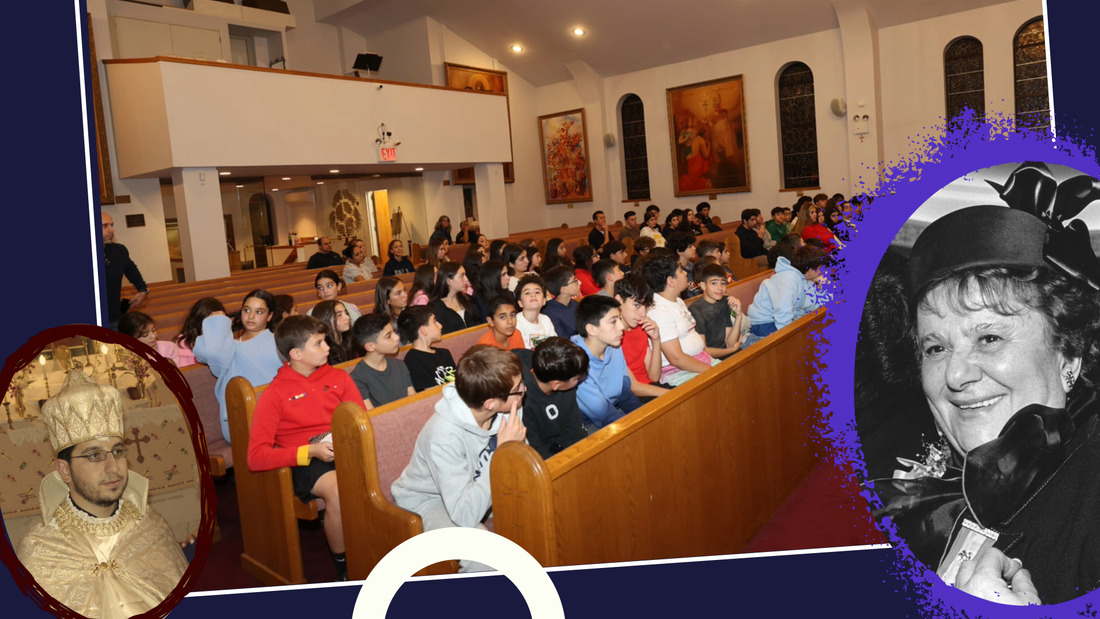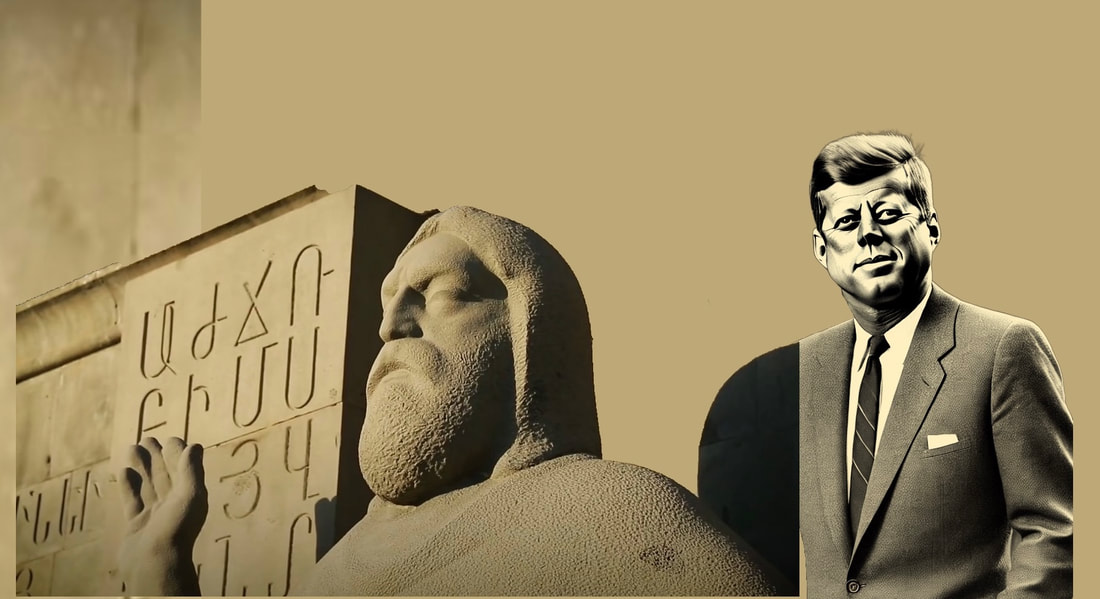Mysterious or Predictable?
Pastor's Update #27
As I started reflecting on Paul’s writing, I remembered that I spotted a middle-aged man entering our church's sanctuary many years ago after buying some candles. Then, a minute later, he came to my office and asked me a peculiar question. You have two candle areas in your church. Please tell me which side I should light my candle on to ask for financial prosperity and which is for health. I asked him to repeat the question twice to ensure I understood correctly what he was trying to find out, but I also did not know how to answer him. I said there is no particular algorithm related to candles, intentions, and prayers; therefore, do what you like. Yet his question revealed that he had two demands or maybe prayer intentions: money and health.
But can we demand things from God? Yes. Jesus explicitly tells us through His Words: Ask, Seek, and Knock. In the Gospel of Matthew, we read Jesus’s words from the Sermon on the Mount: “Ask and it will be given to you; seek and you will find; knock and the door will be opened to you. For everyone who asks receives; the one who seeks finds; and to the one who knocks, the door will be opened.” (Matthew 7:7-12). I am also fascinated with Jesus’ implicit teaching that is presented to us as a detail in one of His healing miracles as a blind man shouted, “Son of David, have mercy on me”! Jesus asked the man: What do you want me to do for you?” He said, “Lord, let me see again.” (Luke 18: 35-43). Jesus knew what the blind man’s condition was and also the deep desire of his heart, yet He wanted him to articulate that desire.
In my journey, the healing miracle mentioned above has opened my spiritual eyes to look inside and thoroughly assess what I need to focus on and pray about. In other words, what do I demand from God? I find this practice very helpful in avoiding focusing on the wrong things in our prayer life. Our minds can play tricks, create smoke and mirrors, and hinder us from discovering our true needs. For example, suppose a child grows up in a dysfunctional household accompanied by socioeconomic challenges. In that case, blaming the lack of financial resources for the family’s misfortune becomes pretty easy. The focus of that child in adulthood could become financial security and stability to avoid the misfortune of the past. However, emotional deprivation is rarely taken into consideration as the primary need that was never satisfied. Now, if this adult child is focusing their energy on asking, seeking, knocking, and answering Jesus’s question, “What do you want me to do for you?” saying, “Lord, make me successful in life.” then I don’t think that this person has found and articulated the genuine desire of their heart because financial success cannot heal emotional needs.
In my pastoral work, I have encountered many good-hearted men and women who grew spiritually bitter because they felt God did not grant them the desires of their hearts. Metaphorically speaking, the butler who was supposed to do certain things for us failed in his duties, so we fired him. The problem may be not the butler but the unrealistic nature of our demands. When we look at God from a very narrow perspective, then we pose limitations of God. This idea is well expressed in the title of a book I read almost two decades ago: The Domestication of Transcendence. The author William C. Placer argues that modern theology has increasingly "domesticated" or tamed the idea of God by fitting divine attributes into frameworks of human understanding, making the concept of God less mysterious and more predictable. St. Paul’s observation that Jews demand signs and Greeks seek wisdom echoes the predictability of the notion of God, just like looking for mystical powers to grant health and wealth at the candle stations of our church does.
Our faith encourages us to present our demands to God, but it also teaches us to focus on God's mystery. We must look inside, discern, and not buy into theodecies and cheap grace. The Cross of Jesus is the center of our faith and spirituality, and we cannot expect to live our lives without taking our cross and following Him daily.








 RSS Feed
RSS Feed
